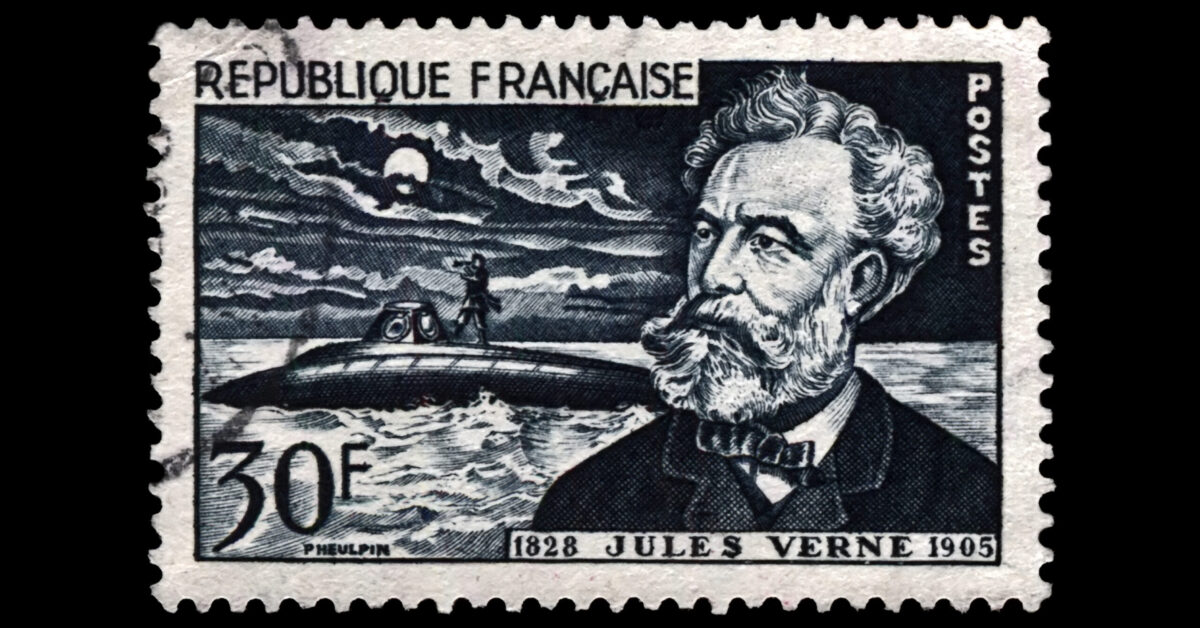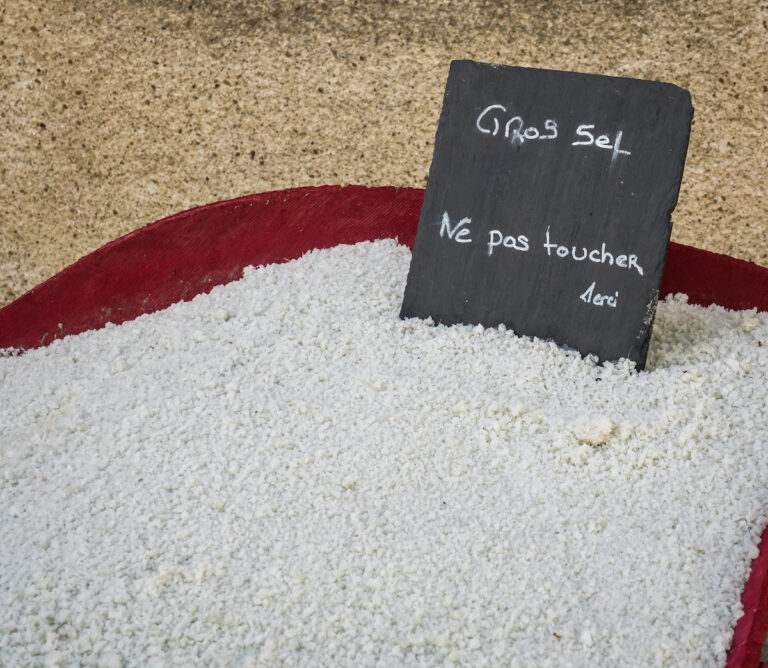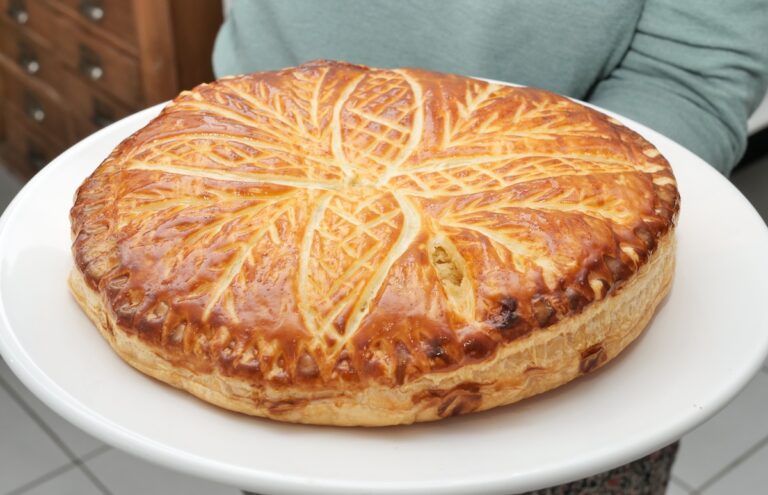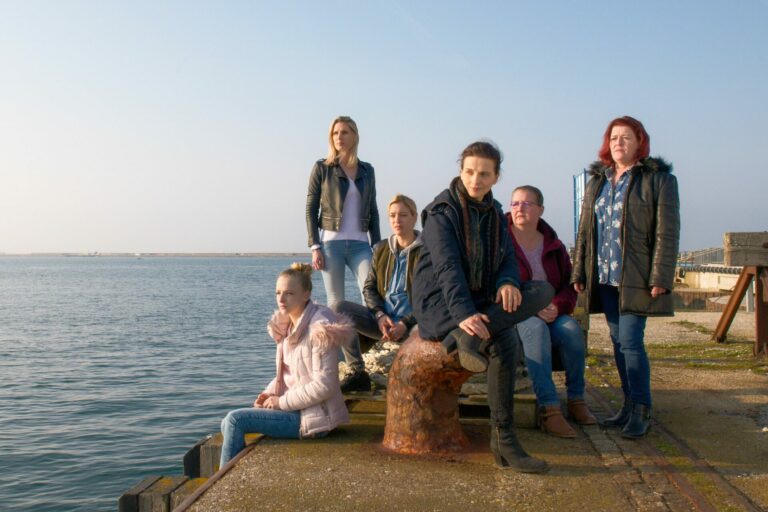March 11, 2022
Dear Frenchly Readers,
There is a beautiful and controversial French protest song, composed near the end of the First Indochina War and the beginning of the Algerian War, called, “Le Déserteur,” by Boris Vian. It’s about a soldier who writes a letter to the President and says, essentially, I will not fight in your wars, you can shoot me if you want, I am unarmed. “I am not on this earth, to kill these poor people,” he says. Released in a very difficult moment in French history, the song was censored and any soldiers caught humming it were sent to prison. In the early 1960s, Peter Paul and Mary covered the song (and translated it—beautifully) as an anti-Vietnam War song. Joan Baez covered it and in 1991 the French singer, Renaud, also covered it on the eve of the French entering the Gulf War. That time it was again censored by the government.
Lately, as the war in Ukraine continues, and I see bombed maternity wards and mass graves and the images of the family killed while fleeing over a bridge, I am finding myself veering into magical thinking: I want a miracle. I try to imagine Russian soldiers in the convoy putting their guns down, getting out of their armored vehicles and singing “Le Déserteur.”
I find myself going backward and wondering, “Well, what if everyone in Ukraine had come to the border and sat down as the Russian tanks advanced, sat as one long wall of humans—would they have proceeded? What if the we had all gone and joined them?” These are daydreams of heroics and pacifism on a scale that, unfortunately, are both as unlikely as they are impossible, it seems. But one must consider the peaceful possibilities to war, I feel.
One of the scariest articles I’ve seen this week was something I read before bed last night in the New Yorker about the bizarre alternate reality the Russian people are in, cut off from any images or reporting on the war; they get nothing but Putin’s propaganda which is the exact opposite of the truth. What will Putin’s bizarre and dangerous narrative mean for the future—two halves of the globe with totally different stories of what has happened in Ukraine?
It’s hard to know what to do. Today, I went into the woods and lay down near a rock covered with at least three different species of moss and lichens, all different shades of green, living all jumbled and together making the rock more beautiful. I looked up into the tall tree tops, listened to some crows debating and repeated Wendell Berry’s poem, “The Peace of Wild Things” to myself. It gave me some comfort. Here it is for you, too.
When despair for the world grows in me
and I wake in the night at the least sound
in fear of what my life and my children’s lives may be,
I go and lie down where the wood drake
rests in his beauty on the water, and the great heron feeds.
I come into the peace of wild things
who do not tax their lives with forethought
of grief. I come into the presence of still water.
And I feel above me the day-blind stars
waiting with their light. For a time
I rest in the grace of the world, and am free.
Or listen to the poet read it, here.
Cook, watch & read ce weekend (Cuisinier, Regarder et Lire):
This weekend, I invite you to read this wonderful essay by Peter Nichols about Jules Verne. It is the first in a series of personal essays I will be publishing in the months to come about memories—Madeleines, to borrow from Proust—that began in France or were influenced by French culture. Verne, as you might know, is the most-translated French author of all time and wrote Around the World in 80 Days and 20,000 Leagues Under the Sea. Nichols writes about first finding Verne’s books near his bed when he was about ten-years-old and home sick from school. Then, later, how they inspired him to sail his own boat across the Atlantic, alone. It’s a beautiful piece. And it inspired me to look up Verne. I found that he was anti-war, anti-slavery and also that his books, according to this scholar at MIT, illuminated his concerns about science driven globalization. His characters, she posits, are unhappy with the modern world and are trying to escape technology—and find individual independence.
Also, I love this short piece about the French Syrian graphic novelist Riad Sattouf by Keith Van Sickle. I have not read his BDs, or bandes dessinées, but want to. They are on my list of books to buy now for my older son.
And: remember to find beauty somewhere right now. We have some on Frenchly for you: Whether it’s in enjoying the beautiful artworks by the late Ivorian artist, Frédéric Bruly Bouabré, being shown first at agnès b., in Soho, and then at MoMA this month, or in this fun recap of Paris Fashion Week.
To watch: My older son and I watched Andrew Garfield in Lin-Manuel Miranda’s tick, tick…BOOM last night. It’s a total throwback to the 80’s musical theatre scene and a wonderfully moving portrait of the man who created Rent, Jonathan Larson. (See this news report with Dan Rather introducing the opening of the rock musical on the news). Larson died when he was 35-years-old after a medical misdiagnosis.
I’m hoping to entice spring this weekend with a take-off of this amazing looking asparagus tarte in the Times today. We’ve got some friends (testing and then) coming for homemade pizza tomorrow, so I think I might just throw some goat cheese, garlic, Parmesan, tarragon, red pepper flakes, asparagus and a nice drizzle of olive oil onto a thin, homemade gluten free crust and voilà!
Don’t forget about our first Zoom book club The Art of Losing—March 23rd. See you/ meet you in person then!
À bientôt,
Sign up here on our homepage at the sign up widget to receive this newsletter every Friday in your inbox–I’ll give you news, films, food, books, stories and more every Friday afternoon to help you plan and enjoy your weekend!







